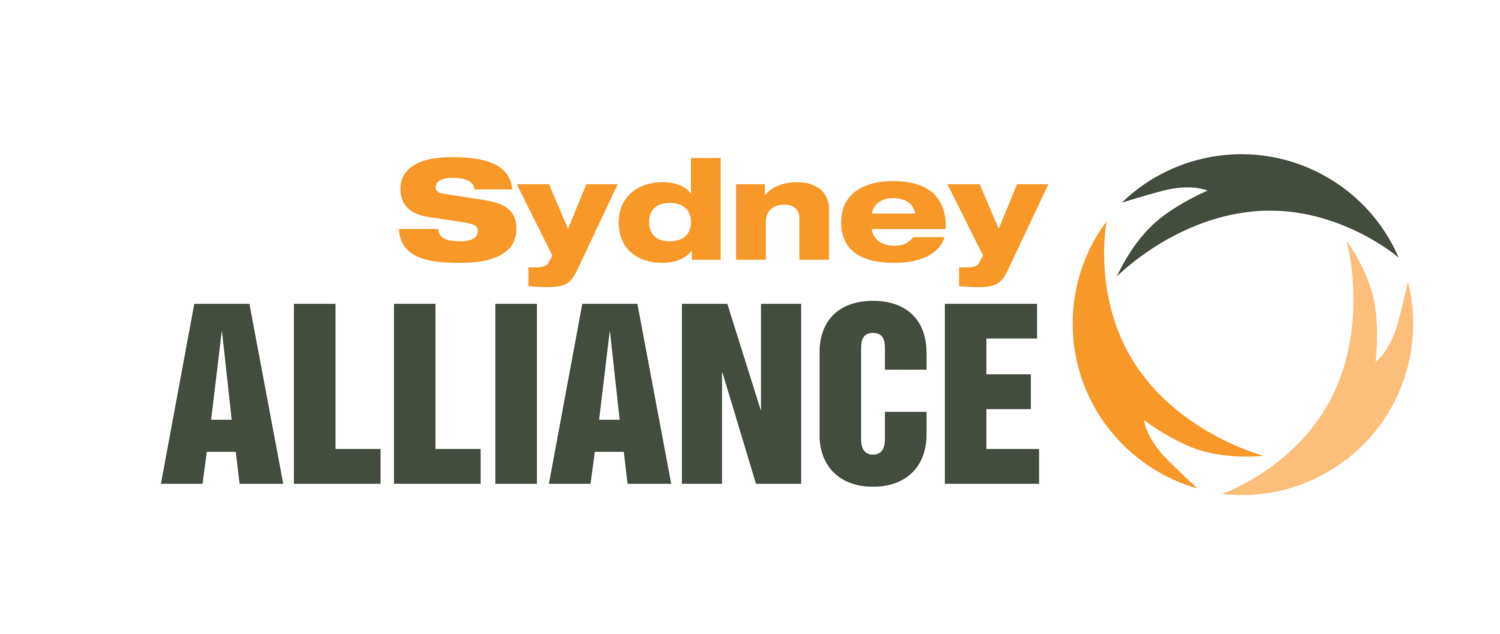CALD communities say confidence is biggest barrier to taking charge of their energy, research finds
Forty-four leaders from Culturally and Linguistically Diverse (CALD) backgrounds have shared powerful insights about how they can help their communities take charge of their energy bills, as a new, first-of-its-kind program moves into the next phase in turning these leaders into “energy experts” and advocates for members of their own communities.
Delivered in language, in culture and in community by civil society coalition Sydney Alliance, the Voices for Power ‘Train the Trainer’ Project completed four focus group discussions during March, where leaders from seven different cultural and religious communities across Sydney came together to share their current level of energy knowledge, priority areas for learning and thoughts on how best to train their own communities.
Leaders identified a range of topics they wanted to better understand on behalf of their communities, including ‘rights and responsibilities as an energy consumer’, ‘communicating with energy companies’, ‘supports available’, ‘safety’ and ‘energy tips’.
The biggest barrier in navigating the energy system was not found to be lack of knowledge however, but confidence to exercise their rights and navigate the energy industry. One hundred per cent of leaders cited confidence as the primary barrier to engaging in energy within their communities.
Furthermore, leaders said that verbal, in-person communication using simple language was preferred over written materials as the best way for their communities to learn new skills and information about energy. Video content was an idea that participants were particularly enthusiastic about.
Energy partners behind the $200,000 pilot program, including national energy retailers Origin and AGL, New South Wales electricity distributors Ausgrid and Endeavour Energy and gas distribution company Jemena, worked with Sydney Alliance to develop training workshops for the community leaders based off these key learnings from the focus groups.
Jemena General Manager Networks Customer and Commercial, Usman Saadat, thanked community leaders for their insights and noted that program learnings would also be helpful in shaping broader customer energy literacy and support efforts within energy companies.
“By better understanding how our communities prefer to be engaged with, we can better deliver important information in a way that’s culturally sensitive and specific, and helps them to feel more empowered around their energy rights, bills, safety and accessing support if or when they need it,” he said.
Thuy Linh Nguyen, Project Lead of the Voices for Power Project at Sydney Alliance was thrilled to unearth such powerful learnings that the program partners can use to really help communities overcome barriers and take control of their energy.
“By the end of this first year of the program, we want to have helped develop a cohort of confident and enthusiastic community energy trainers who are actively assisting their communities in a real and meaningful way,” she said.
“Importantly, we have also learned that training cannot be a one-off thing. We must continue to provide ongoing listening, mentoring and engagement with our community leaders so that they build confidence over time and can eventually see the difference their work is making to the lives of their community members when it comes to navigating the energy system”.
Training workshops with community leaders were completed in April and included content such as understanding bills, energy saving tips, negotiating better deals with energy retailers and simple energy safety practices.
Leaders who attended included representatives of local Tongan, Fijian, Korean, Filipino, Arabic-speaking, South-Asian, Chinese and Nepalese communities.
The next stage of the Voices for Power ‘Train the Trainer’ Project is the co-design of training content to ensure it meets broader community needs while also identifying specific delivery and interest areas for different groups. This will then be tested as a pilot to ensure training offers real value before full roll out.
The broader program is scheduled to run until December 2021. For more information about the program, head here.

